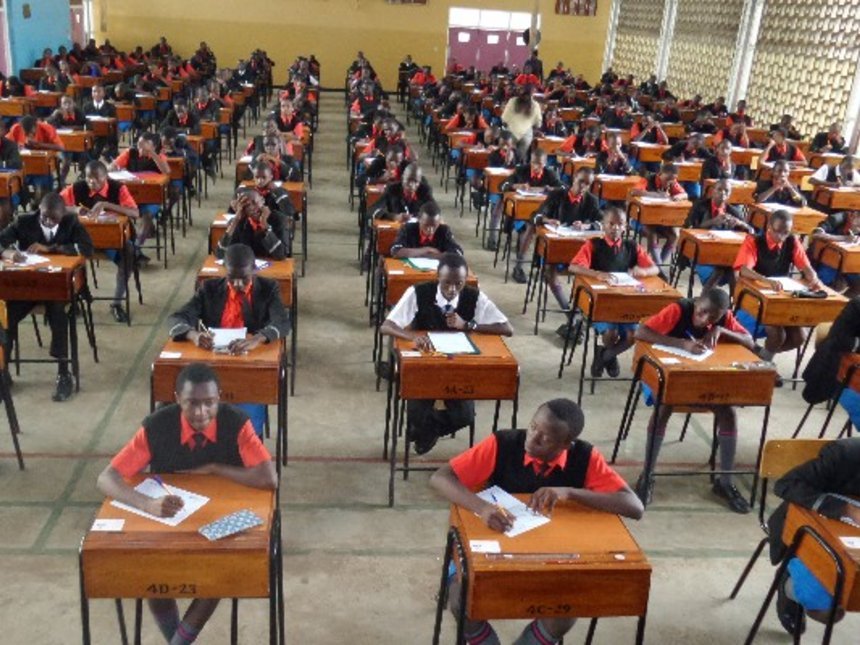By Amoto Ndiewo
A study by Elsevier Academic Company, a Netherlands-founded global leader in information and analytics has revealed that academic performance of female students is relatively proportional to their physical appearance.
However, the study notes that when online studies took centre stage during the recent coronavirus pandemic, the grades of the students dipped considerably in non-quantitative subjects.
Thus the study from the Dutch-based company suggests that grades of attractive female students are way better during in-person learning.
That notwithstanding the beauty premium remained constant amongst males. Interestingly this seems to suggest that discrimination is a salient factor in explaining the grade beauty premium for female students.
“The female beauty premium that is observed when education is physical is a consequence of discrimination,” reads a part of the study.
On the contrary, the study found that male students maintained a constant beauty premium even after the introduction of online lessons.
Mathematics and Physics courses are classified as quantitative since they are mostly reliant on final written exams. On the other hand, the company noted that non-quantitative courses have a higher share of group assignment, seminars and oral presentations demanding more interaction with lecturers.
The study concludes that interaction between students and their lecturers definitely builds up a connection, similar to a connection between a manager and the team members of a department.
Ultimately, tutors seem to be biased towards favouring female students who are deemed attractive unlike their counterparts which leads to an unfairness in grading and eventually stains the credibility of the tutors and sometimes the school.






